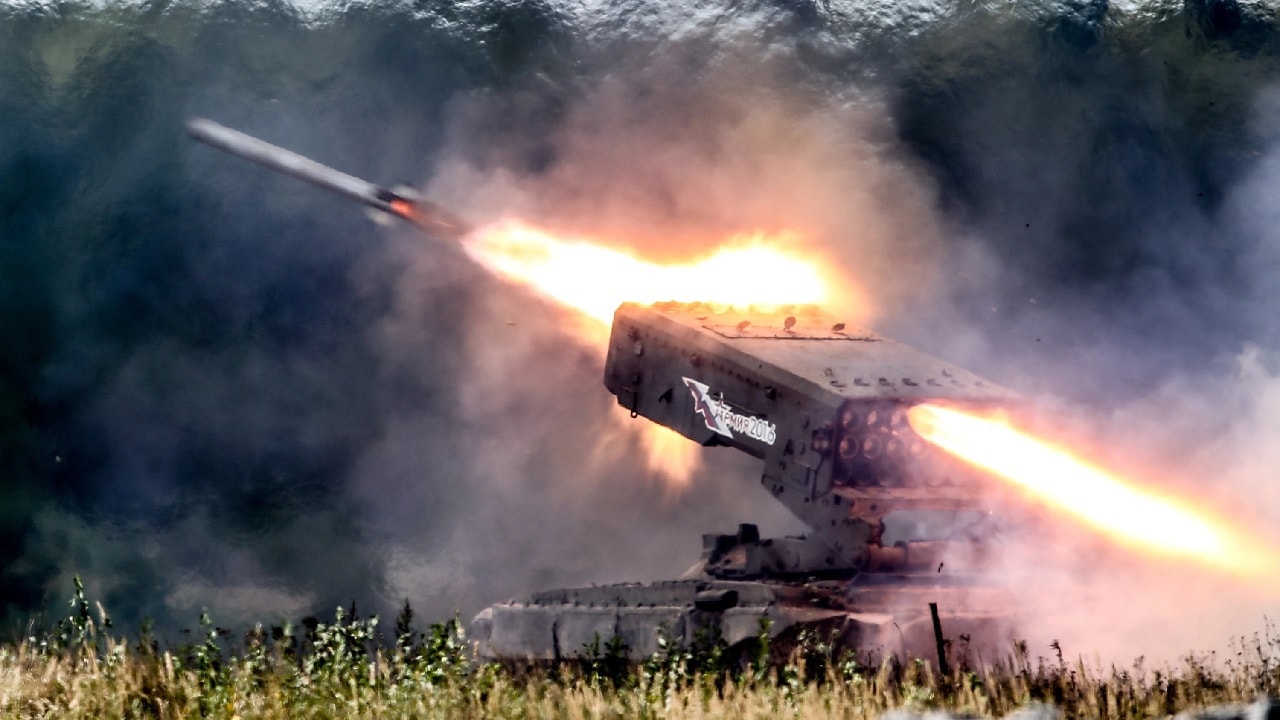Russia has re-entered an agreement to allow Ukraine to safely export its grain via a designated shipping corridor. Russia suspended the agreement a few days ago, but Ukraine’s refusal to halt grain shipments, and vehement criticism from the international community, seem to have pushed Moscow to back down.
Russia left the agreement after accusing Ukraine of using the safety corridor, meant only for shipping grain, as an avenue for its drones to carry out an attack on Russian ships. Ukraine neither confirmed nor denied that they had conducted the attack they were accused of, but the incident was notable: Russia’s Black Sea flagship, the Admiral Makarov, was damaged when Ukrainian drones swarmed the ship at port in Sevastopol. As many as three Russian ships were hit in the attack, although the extent of the damage is not clear. Reports suggest that the Admiral Makarov was crippled, its hull perhaps breached. Russian officials reported that the attack included nine air drones and seven sea drones. (Video from one of the sea drones can be found here.)
Russia responded by reneging access to the safety corridors. But Ukraine continued to use the shipping corridors as usual, leaving Russia with a tough choice: Destroy civilian vessels loaded with food and bound for food-insecure regions, or allow Ukraine to openly defy Russian threats.
When Russia did leave the deal, grain prices skyrocketed, and the international community rallied to the Ukrainian cause. Russia, in this small respect, capitulated.
“Germany’s foreign minister said it showed what the international community could achieve if it refused to be blackmailed by Russia,” the BBC reported.
Russia’s return to the deal is being heralded. The deal was initially brokered in July, thanks to efforts from the United Nations and Turkey. It ended a five-month period during which Ukrainian ships were trapped in port due to a Russian blockade. The blockade meant millions upon millions of tons of grain and foodstuffs were kept off the market. Food prices skyrocketed.
Ukraine is one of the world’s biggest suppliers of crops. Forty-two percent of all sunflower oil exports come from Ukraine. So do 16% of all maize exports, as well as 10% of barley and 9% of wheat. Russia’s blockade had significant effects on the global market.
Turkish President Recep Tayyip Erdogan announced Russia’s return to the deal. “The grain transports will continue as agreed before as of noon today,” Erdogan said. Amir Abdulla, the United Nations official responsible for the grain deal, was complementary of Turkey’s role, and of Russia’s decision to re-enter the deal.
Germany was less complementary, however. “Russia has again tried to use hunger as a weapon, to use grain as a weapon,” German Foreign Defense Minister Annalena Baerbock said. “The world community has made clear: No, we don’t believe your lies, we will continue to send ships…so the poorest in the world do not have to suffer so massively from this war of aggression.”
The incident has confirmed Russia’s status as the international community’s foremost pariah. It has also further cemented the idea that Russia is not quite in control of the conflict. Its quick turnaround suggests that Russia lacked the capacity to actually enforce its threats – that it could not prevent Ukrainian transport ships from using the safety corridor. Whether that is the case is unclear, but it would be consistent with other Russian operational failures, from failing to secure air superiority over the skies of Ukraine, to failing to capture and occupy vital Ukrainian cities like Kyiv and Kherson, and failing to protect flagship vessels like the Moskva or Admiral Makarov. The conflict has not gone well for Russia, and the grain deal flip-flop is another small loss for the Russians.
Harrison Kass is the Senior Editor at 19FortyFive. An attorney, pilot, guitarist, and minor pro hockey player, he joined the US Air Force as a Pilot Trainee but was medically discharged. Harrison holds a BA from Lake Forest College, a JD from the University of Oregon, and an MA from New York University. He lives in Oregon and listens to Dokken.

